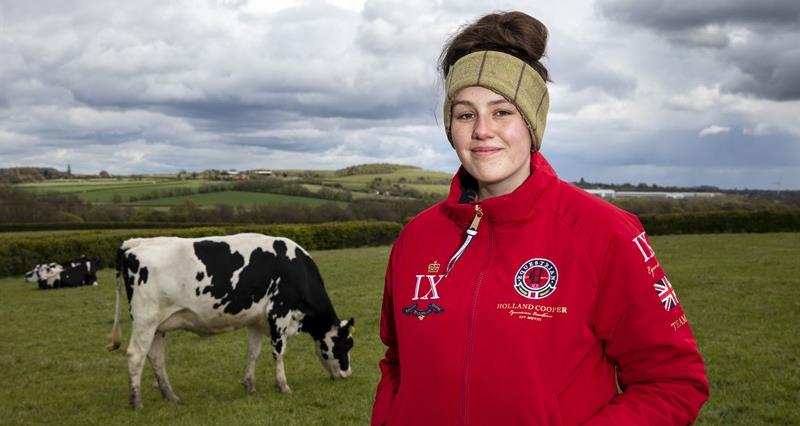This is an interesting question, but I don’t think it’s the right one. For me the question is, should the whole world ever go vegan?
There’s rightly an increased focus on high quality, climate-friendly meat, and as a farmer I wholeheartedly agree this should be the case. However, I don’t think cutting out all animal products is good for the health of our global population, as they have numerous nutritional benefits, being natural sources of protein and providing essential nutrients like iron or vitamin B12, or the environment.
It’s important to remember that animals aren’t just assets and raising livestock isn’t just about producing meat – they’re also a fundamental part of a healthy and sustainable ecosystem.
When we think of the British countryside, we imagine rolling hills, hedges, and green grass: our countryside looks the way it does because of the crucial role farm animals play. Over 65% of Britain is made up of grassland, which can’t be used for other types of food production. Grazing on the fields helps improve the health of the soil, as well as capturing and storing carbon, and livestock can also offer a major boost in biodiversity. For example, because of the way they graze, by pulling out grass in tufts, this leaves an uneven and bumpy ground which can provide lots of wildlife with a varied habitat to live in.
Rather than pushing for fewer farmed animals, I believe we should instead work towards an agricultural system that incorporates both animals and nature. This way, we do not lose such an important piece of our iconic countryside and we can continue to provide a welcome space for nature to thrive, while continuing to provide high quality and important proteins and nutrients for people at home and abroad.
Jess Langton
Response for The Guardian's article on farm animals and veganism
05 February 2024

This letter was sent to The Guardian for their article where readers answer the question "If the whole world went vegan, what would we do with all the farm animals?", as part of the paper's 'Notes and Queries' series.